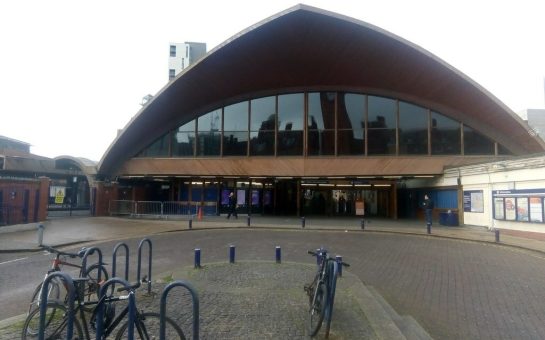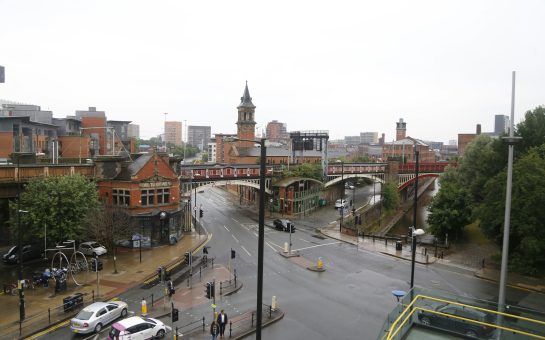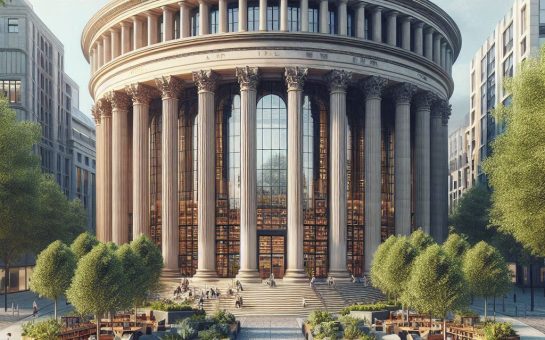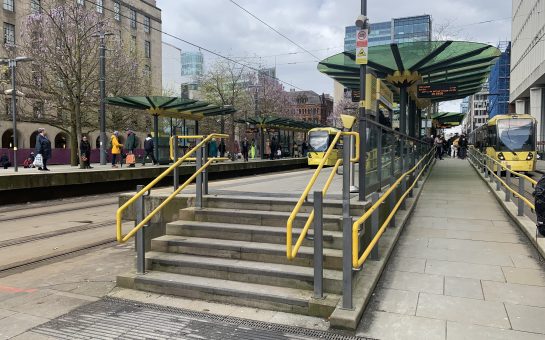February 6 will see a massive public consultation held by Better Buses for Greater Manchester, where the public are invited to a panel to discuss what to do about the city’s beleaguered buses.
Since 2010, eight million miles of bus routes have been cut in Greater Manchester and fares have increased 55% above inflation for the last 10 years.
Meanwhile in the North West bus companies pay 18.4 million a year to their shareholders, the five major bus companies carry 70% of passengers and only 1% of bus companies face head to head competition.
Better Buses for Greater Manchester have formed a coalition of almost 20 groups demanding a fairer system for passengers and workers, setting up a petition which has garnered almost 9000 signatures since November.
Why are fares freezes being offered now? Under regulation, partly because bus companies are contracted out to deliver routes decided by local authorities, our public money is used far more efficiently, meaning more affordable fares. https://t.co/KQILR6t3ZN
— BetterBusesforGM (@BetterBusesGM) January 24, 2019
Lead campaigner Pascale Robinson outlined the downsides of a deregulated system and the pros of franchising.
“At the moment because we have a deregulated network bus companies are only running the routes that they make really high profits on.
“Essentially, they cherry pick the routes, pocket millions, and then it’s us the public purse which has to fund anything else that bus companies otherwise will not run.
“It means that we have this really skeletal network where Oxford Road is better but it’s basically a post code lottery as to whether you get decent buses.
“It’s a vicious cycle at the moment because bus companies cut the routes, they raise the fairs, and then they wonder why people aren’t getting the bus anymore.
“The model works for them but as passengers and as staff it doesn’t really work for us; since deregulation staff pay has been going down progressively and some figures say that if deregulation hadn’t happened bus drivers would be on £25 per hour.
“I think if we were to regulate it would transform our buses in GM it would be really fantastic!”
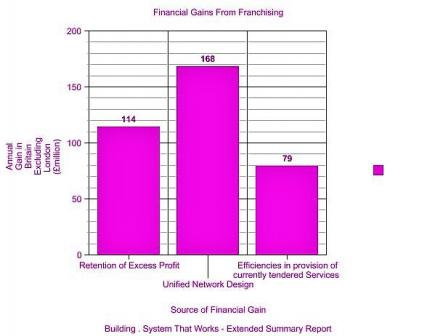
A poorly orchestrated bus system can be detrimental to the region’s economy with 37% of job seekers saying that transport is a barrier to accessing a job and 19% of workers saying they’ve had to turn down a job due to bad bus services.
Why regulate? It has worked so well in London to drive up bus use: ‘The results could not be clearer: while bus travel per capita has rapidly increased in London…it has
declined in the rest of Great Britain, including other metropolitan areas’ @giulio_mattioli and @kmbayliss pic.twitter.com/aX4ldr7PXT— BetterBusesforGM (@BetterBusesGM) January 23, 2019
Pascale is keen to point out how regulation could also reduce congestion in Greater Manchester, with one bus capable of taking 70 cars off the road.
“Less ways to use public transport means more people are jumping in their cars.
“One of the great ways that regulation can contribute to congestion issues is that is we were able to bring in more measures – like traffic light controls or bus lanes – then I think buses could be quicker, more people could get on them and less cars on the road.”
Although bus companies have tremendous lobbying power – Tyne and Wear’s local authority faced legal action when they tried to regulation in 2014 – Pascale is optimistic about engaging with passengers to make a change.
“I think passengers are a huge stakeholder in this and the public consultation will be a good opportunity. We definitely want our voices to be heard.
“That’s why we’re having our public meeting on Feb 6 to call on everyone to join us, find out about the campaign, get involved, take action, and say no to bus company fat cats.”
